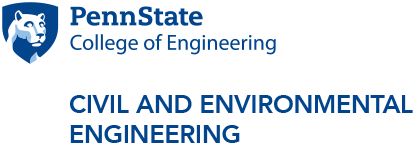Desalination and Membrane Technologies
The use of reverse osmosis (RO) for seawater desalination is increasing globally at an unprecedented rate. For example, investments in RO desalination plants were U.S. $21 billion last year, and that is expected to double by 2020. Penn State researchers are working on new desalination technologies as well as on improving RO membrane technologies by creating new types of membranes and developing strategies to reduce membrane fouling.
There are many desalination technologies being developed based on electrochemical approaches, such as electrodialysis, capacitive deionization, and pseudo-capacitive (battery electrode) reactions. Professors Gorski and Logan are working on developing new pseudo-capacitive based approaches for desalination that do not require the flow of water through membranes. These approaches have the potential for reducing electrical power demands compared to RO, as well as avoiding fouling that results from the passage of water containing organic matter through the membranes.
Professor Kumar is working on new biological, biomimetic and synthetic membranes for desalination. The goal of this group in the near term is to understand protein polymer interactions and to develop devices based on biological membrane processes. Their long term goal is the development of the next generation of membranes for desalination that have less fouling and higher water fluxes. Kumar also works on developing novel technologies to reduce fouling and concentration polarization in current reverse osmosis membranes.


